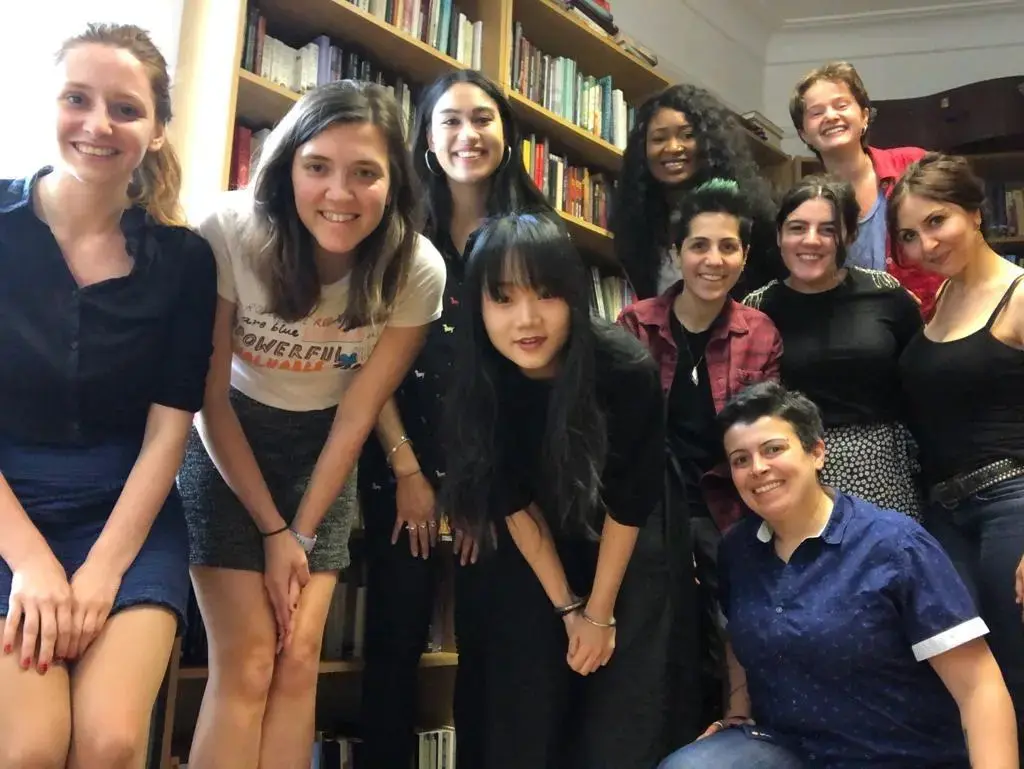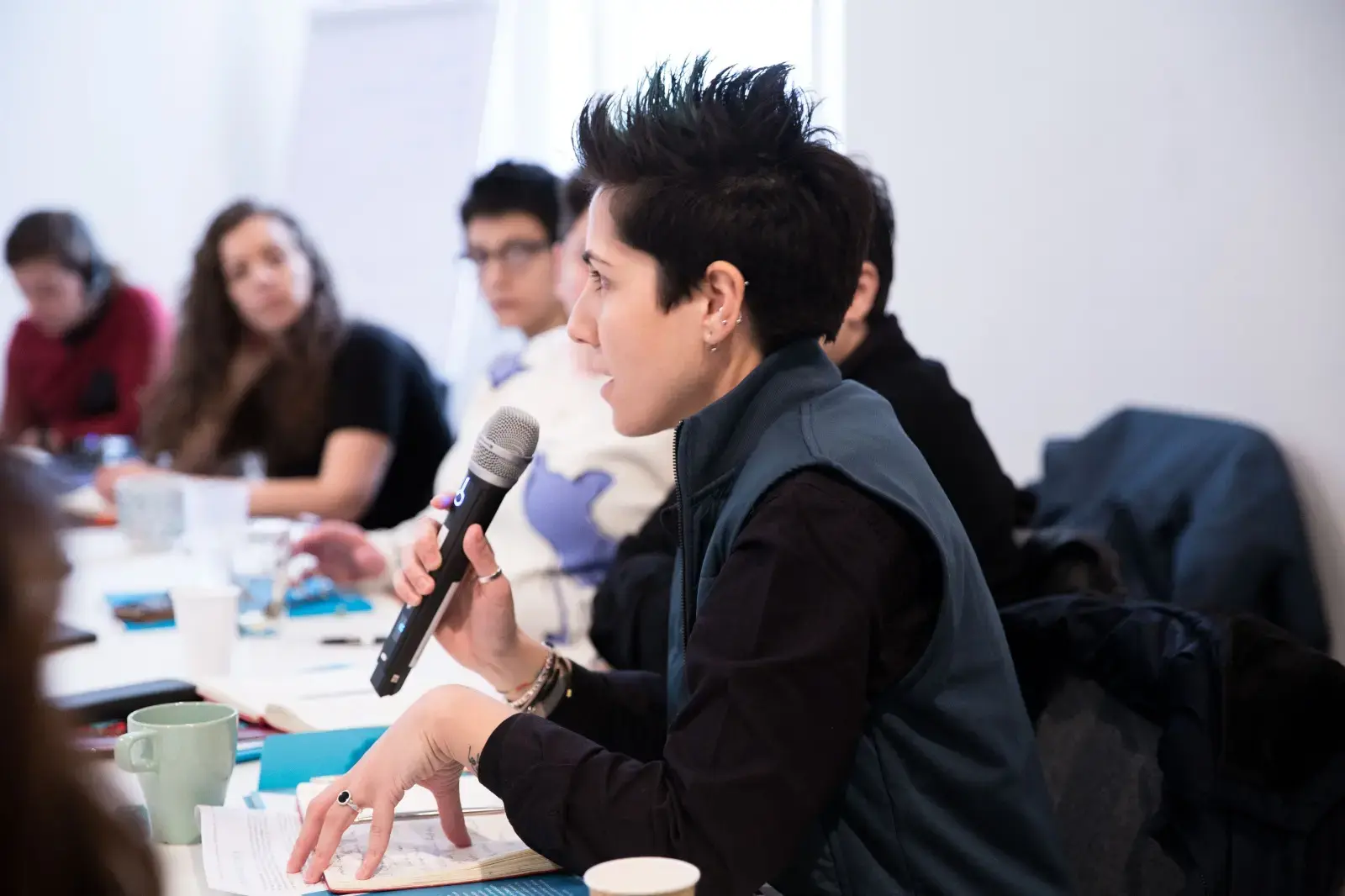Defending the Rights of LGBTQ People in the MENA Region
CTDC Policy Brief No. 8 – February 2018
This policy brief provides a framework for inclusive and context-sensitive approaches to LGBTQ rights in the MENA region. It critiques the limitations of Western-imposed identity categories and proposes an alternative, locally grounded methodology: Sexual Practices and Gender Performance (SPGP). The brief is based on years of research, grassroots engagement, and training across Arabic-speaking countries.
🔍 Key Issues Identified
- LGBTQ people, especially queer women and trans individuals, face state violence, legal discrimination, and social stigma.
- Most legislation criminalising same-sex relations and reinforcing gender binaries in the region is rooted in colonial legal systems, not local traditions.
- LGBTQ categories are often seen as Western impositions and fail to represent the diversity of lived experiences in the region.
- Humanitarian and development efforts frequently overlook non-LGBTQ-identified people who are still subject to gendered and sexual persecution.
🧭 CTDC's Alternative Framework: SPGP (Sexual Practices and Gender Performance)
The SPGP framework:
- Shifts focus from identity to visible behaviours and performances, which are often the basis of discrimination.
- Emphasises intersectionality—recognising how class, religion, race, and colonisation shape experiences of oppression.
- Encourages community-led development, using local language and avoiding externally imposed agendas.
🛠️ Programmatic Priorities and Recommendations
Expand Access to Services:
- Improve non-normative people's access to legal, psychosocial, medical, and safe space support.
Build Organisational Capacity:
- Support southern-led LGBTQ groups with skills, funding, and mentorship, especially outside capital cities.
Foster Regional and International Solidarity:
- Promote joint advocacy, safe knowledge exchange, and movement-building across borders.
Challenge Legal Frameworks:
- Use history and international pressure to reform colonial-era laws that criminalise non-normativity.
Empower and Educate Stakeholders:
- Train development workers, families, and policymakers using culturally relevant, decolonial approaches.
Raise Awareness Strategically:
- Work through gender performance, not identity labels, to reduce stigma in conservative communities.
Reclaim Feminist and Gender Rights from Politics:
- Counter the misuse of gender discourse by regimes and external actors through critical, locally rooted advocacy.
Produce and Disseminate Evidence:
- Support Arabic-language research, documentation, and data collection on LGBTQ lives in the region.
Improving LGBTQ rights in the MENA requires moving beyond identity categories to frameworks that reflect lived experience, reduce risk, and build solidarity. The SPGP model offers a strategic path forward—centring local context, intersectionality, and holistic inclusion to dismantle systems of discrimination and expand freedoms for all non-normative people.
👉 To read the full policy brief, click below 👇
Reach to Us
Have questions or want to collaborate? We'd love to hear from you.




